Emma Nevada
March – April 2020
From the dusty streets of a Nevada mining camp to the royal halls of Europe, the Silver State’s eminent opera singer was music to the world’s ears.
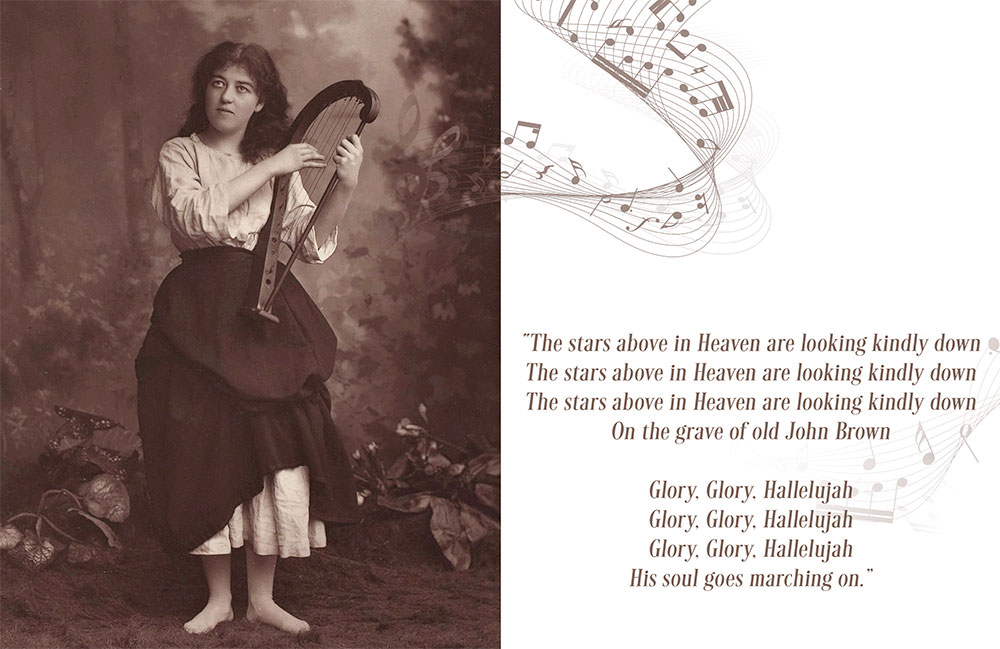
BY ERIC CACHINERO
These words danced beautifully from the lips of a 5-year-old girl in 1864 Austin. Though the melody was welcomed warmly by the crowds of miners and townsfolk that lined the streets, no one surely could have known the fate that awaited the little girl.
Emma Wixom was born on Feb. 7, 1859, in the Alpha mining camp near Nevada City, California. Her father Dr. William Wixom moved his family to Austin to start a physician’s practice shortly before Nevada achieved statehood. It was in Austin that the girl’s bright future began to shine, and her talent brightened an otherwise dusty mining camp. From there, it was only a matter of time before her mellifluence would grace the rest of the world.
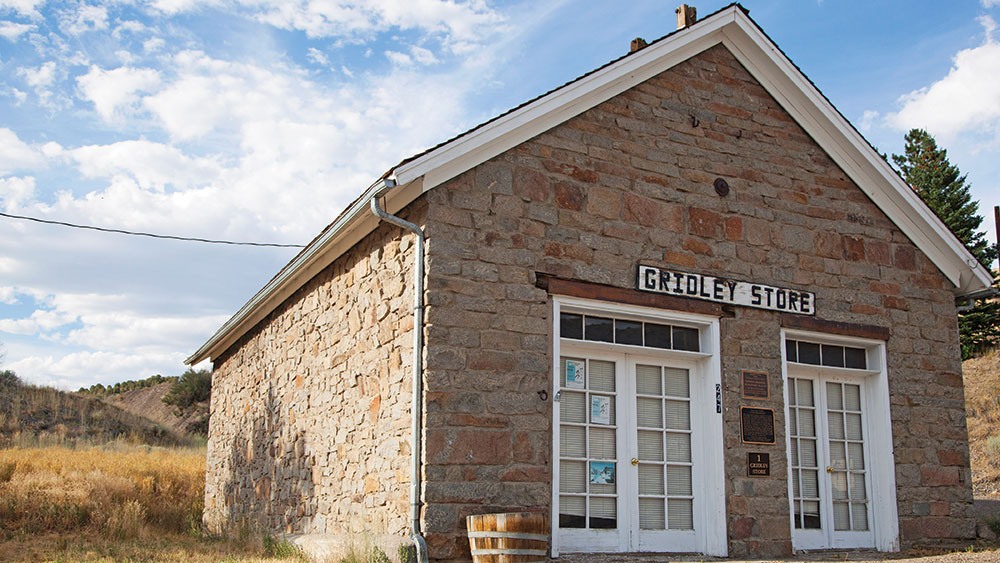
OVERTURE
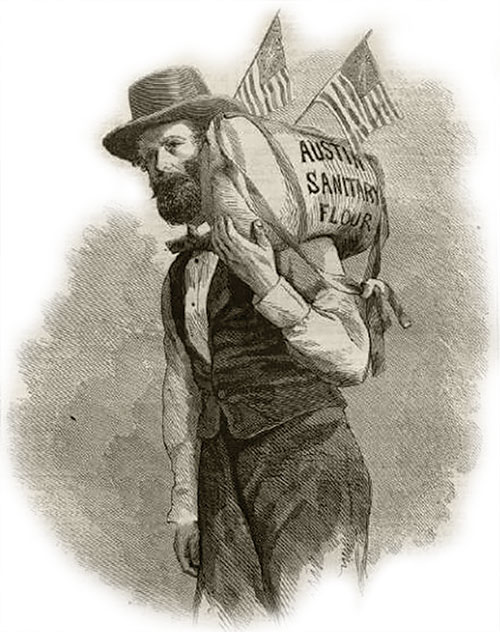
Emma’s first big break is intertwined in a famous piece of Nevada folklore that took place in Austin soon after she and her family moved there. The man at the heart of the story is Reuel Colt Gridley, who owned a general store in Austin. In 1864, Gridley supported the democratic candidate for mayor in the town election, while his friend Dr. R. Herrick garnered support for the republican candidate. The two men made a bet that whoever’s candidate lost the race must carry a 50-pound sack of flour through the streets of Austin, delivering it to the other man.
Gridley would emerge from the contest vanquished, though he took his punishment with a smile on his face. The entire town showed up in exuberance to watch him carry the flour sack to his opponent. The event quickly turned into a parade, with residents flying flags and waving decorations, all following Gridley down the street. In attendance was the Austin Brass Band, who performed as Gridley made the grueling walk through town.
Also in attendance was the 5-year-old Emma, who for the first time displayed her remarkable singing talents for the town. Many accounts of the day place Emma at center-stage, something she would become quite accustomed to later in life.
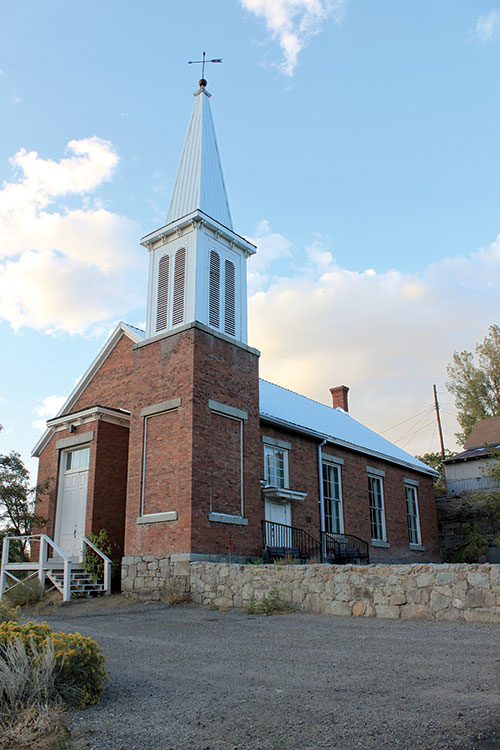
Once Gridley delivered his flour sack to Herrick, someone suggested that the sack be auctioned off, with the money raised going to support the Sanitary Fund—an organization that aided disabled Civil War veterans. The sack initially sold for $250, though the purchaser did not claim his prize, so the sack was again auctioned off for the same charity. It was auctioned in this fashion again and again so many times in Austin, that around $8,000 was raised for charity. Some sources claim Emma’s father acted as one of the auctioneers.
When residents of Virginia City heard of the famous flour sack, they requested Gridley bring it to their town for similar treatment. From there, Gridley brought the flour sack to be auctioned in Sacramento and San Francisco, before finally taking it to St. Louis and several major east coast cities. By the time all was said and done, the flour sack had raised more than $275,000 for the Sanitary Fund.
RECITATIVE
After Emma’s singing debut, she continued bringing her talent to the residents of Austin. The young vocalist could often be found around town singing in public. When she was old enough, Emma joined the Austin Methodist church choir, where she would sing every Sunday. At age 10, she performed in the church with international vocalist Baron von Netzer.
Emma was only 12 when her mother passed away. As a result, in 1872, her father sent her to school at Mills Seminary in Oakland, where she would study voice and language. It was at Mills Seminary where Emma learned a number of European languages, including Spanish, French, German, and Italian. In addition, she would learn sign language, and even several different dialects of Native American languages.
While in Oakland, Emma attracted audiences from the surrounding areas to hear her sing. She sang in soprano, which is the highest vocal range of all singing types.
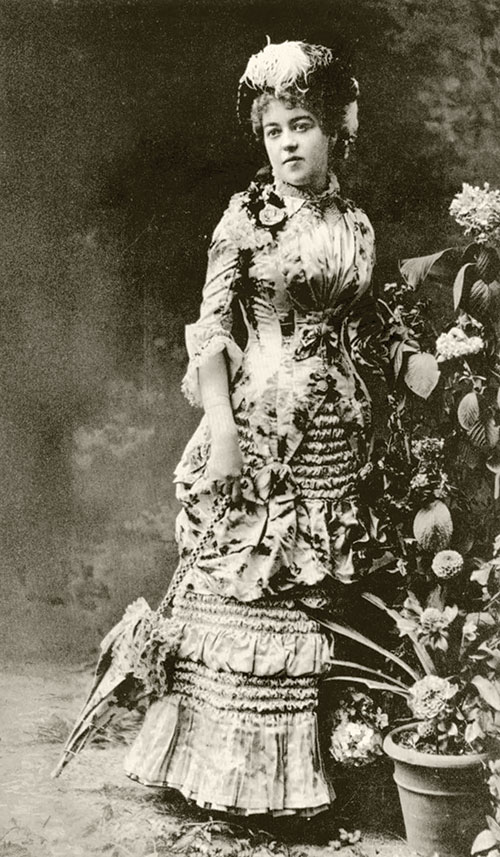
ARIA
From Oakland, Emma’s rising fame brought her to Europe. It was there that she began to sing in the operatic style, under the direction of German opera teacher Madame Mathilde Marchesi in Paris and Vienna. In 1880, Emma got her biggest break to date. She performed in renowned Italian opera composer Vincenzo Bellini’s “La Sonnambula” in London. It was at that same performance, that Emma would—for the first time—perform under her eternal stage name Emma Nevada. Emma’s stage name payed homage to the place where she had grown up, bringing a small piece of the Silver State with her wherever she went. The stage name stuck, and history remembers her primarily as Emma Nevada, instead of Emma Wixom.
While in Europe, Emma’s success exploded. She traveled full-time, singing in some of the most prestigious and popular operas in the world. Emma even performed for various royalty across Europe. It’s rumored she was a favorite of United Kingdom of Great Britain and Ireland’s Queen Victoria, who gave her a diamond necklace valued at $100,000.
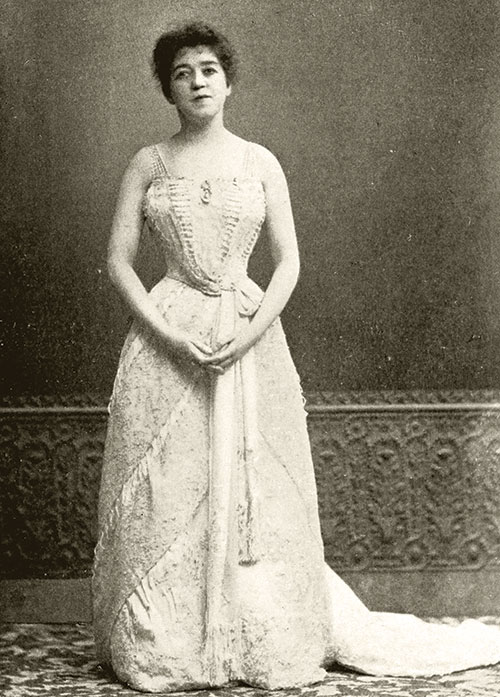
FINALE
Throughout her luxurious and lavish career, Emma never forgot her roots. In 1885, she returned to the U.S. and performed at several venues on the west coast. That same year, Emma even returned to Austin to perform in the church as she had once done. Sources claim that crowds overflowed from the church and poured into the streets, just for a chance to hear her sing.
Emma would go on to marry her manager Dr. Raymond Palmer in Paris, and continued to perform to sold-out venues across the world for many years. In 1902, she performed a special opera for her alma matter at Mills Seminary, as well as a special performance in Nevada City, California. Soon after, she retired from singing, with a brief exception to sing at the crowning of United Kingdom’s King George V.
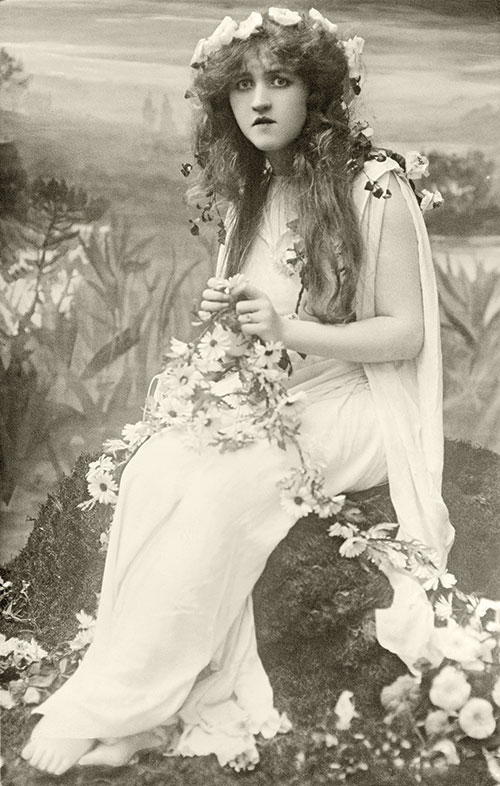
Emma had one daughter named Mignon Nevada. Mignon would be trained in classical opera singing by her mother, and would go on to lead a successful opera career.
Emma Nevada died in Liverpool, England, on June 26, 1940 at the age of 81. And though no known recordings exist of her singing, her soprano voice and Nevada pride will continue to echo throughout history.

